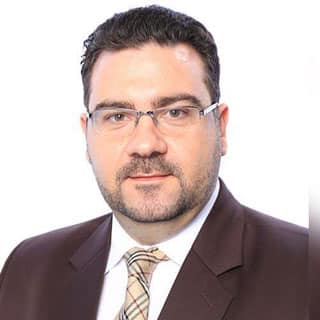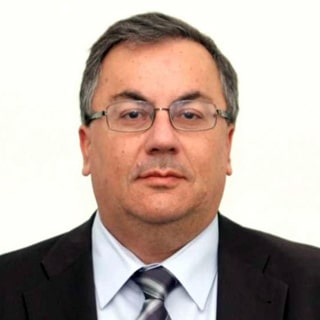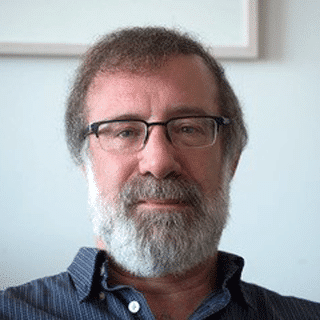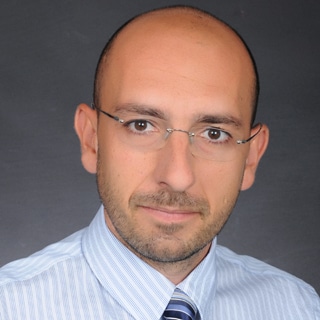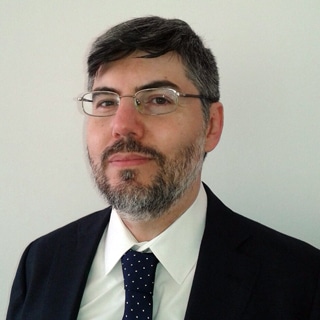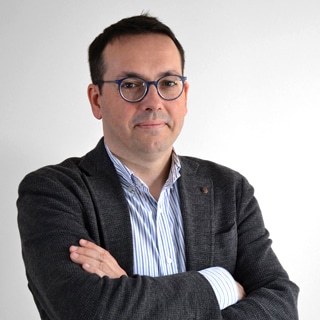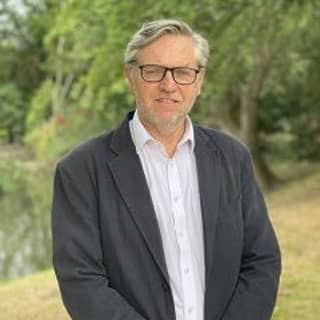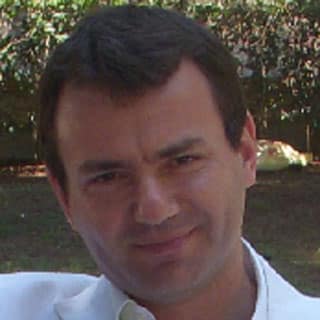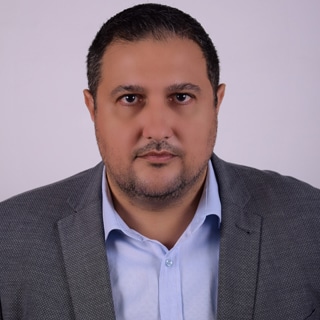The vision and mission of the educational philosophy that guides the Ph.D. program in International Relations and Security at Neapolis University Pafos is the pursuit of excellence in teaching, research, and service to our community. In support of our mission, the University:
The Ph.D. in International Relations and Security reflects the priorities of the NUP’s mission. It is designed to meet, through research, local and national needs, to promote links with local and international communities and to embrace modern pedagogy and learning technologies based on the need to associate our students with a learning curve, that embraces critical thinking.
Our Ph.D. pursues excellence in research through pioneering and innovation in international political affairs and other multidisciplinary approaches with analyses and outcomes, that can serve the scientific and policy-related community.
Neapolis University:
- Encourages and supports rigorous scholarship and innovative teaching in all the University’s academic areas.
- Creates an academic environment that values and promotes free, active, and original intellectual inquiry among its faculty and students.
- Fosters a Ph.D. program through its history, politics, and international studies department that responds to local, national, and international needs.
- Strives continuously to promote activities that apply its intellectual and ethical heritage to work for the good of society as a whole.
- Welcomes students, faculty, and staff from all backgrounds, religious beliefs, and gender equality, where inclusivity is evident.
- Enriches and creates a sense of community that facilitate their development and enhances their career aspirations.
Objective:
The Ph.D. in International Relations and Security reflects the priorities of the NUP’s mission and is completed in the Department of History, Politics, and International Studies of the Neapolis University Pafos.
- The Department is a full member of the Doctoral School of the European Doctoral School on the Common Security and Defence Policy (CSDP) Initiative. As such, participates in the various programs and any call for Ph.D. application fellows (all consideration should occur through the head of the program in cooperation/communication with the European Doctoral School)
Further information can be found here https://esdc.europa.eu/doctoral-school/
- The department fully complies with the rules, regulations and policy processes of NUP Doctoral Unit and conforms to all related scientific and administrative policies as decided by the related authority, where the Head of the Program participates.
- Neapolis University Pafos and our Department extend a range of taught and research programs at undergraduate, graduate and Doctorate levels.
- The Ph.D. in International Relations and Security program helps to build upon the capabilities of the School of Social Sciences, Arts, and Humanities at the level of primary scientific and academic research.
- The Ph.D. program attracts students and academics from national and international backgrounds, who hold experience and knowledge, but also wish to pursue pioneering and excellence in international Political Affairs, Security and Strategy and other related interdisciplinary approaches in related fields.
- The Ph.D. in International Relations and Security offers students the opportunity to acquire extensive and in-depth knowledge based on the essential educational pedagogy and approach, as projected by Bloom’s taxonomy in combination with pioneering research outputs.
- The Ph.D. program is of practical value. It includes a wide range of issues related to the development of international affairs and its security, current implications and challenges, forecasting elements through factual analysis, while also pioneering policies for the future, applicable both in theory and practice.
- The program aims to provide potential Ph.D. candidates with a rigorous and constructive understanding of international relations and politics, of conflict and security issues, globally and regionally.
- The Ph.D. program is a scientific research focus on subjects of particular interest, on recent and contemporary processes, trends, challenges, and problematics through vast constant variables changes, examining efforts to respond to international and regional challenges in policy and practice.
- The program requires and combines in-depth scientific research (quantitative and qualitative), academic empirical support and mentoring approach, methodological engagement, comprehension of key concepts, theories, and primary analysis on case studies, alongside a structured process of engagement with contemporary debates and experience with leading results that can offer both to the national and international community as an expert analysis opinion with recommendations and lessons to be learned or to be applied
